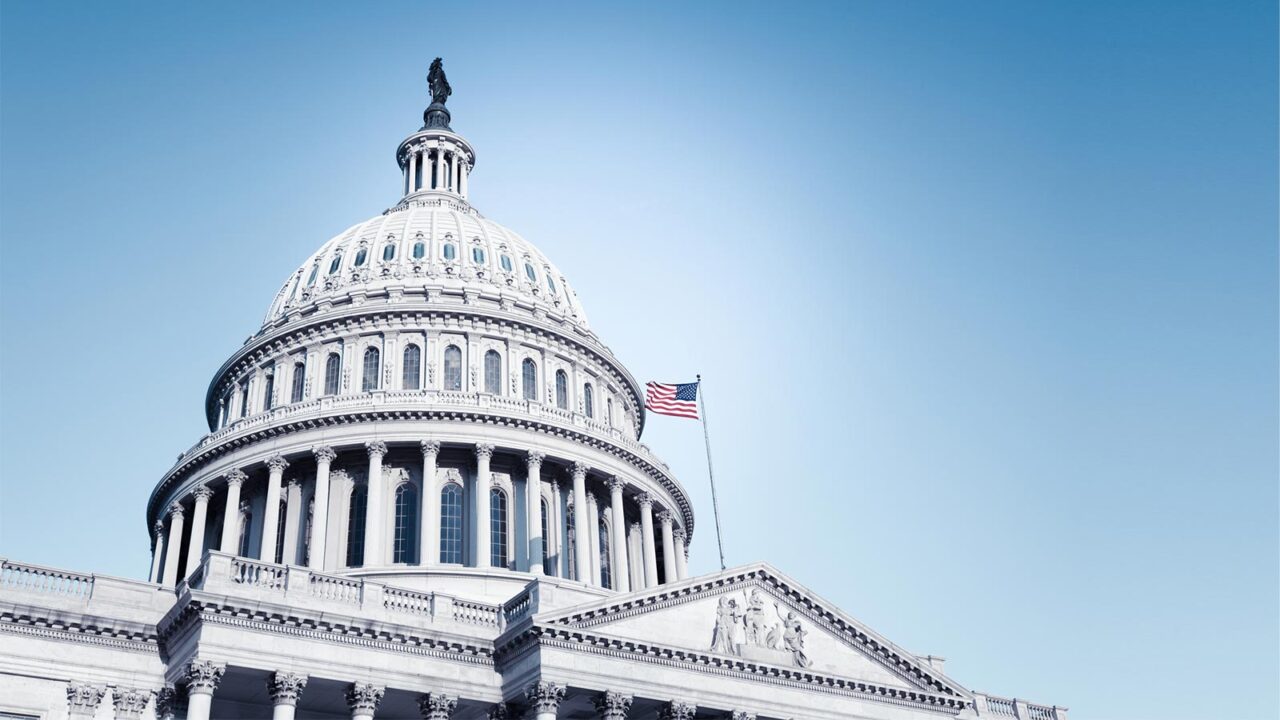While the construction industry was deemed “essential” by most state shelter-in-place orders, the industry has not been immune to the COVID-19 pandemic’s economic impact. COVID-19 has caused a significant number of contractors to halt or delay work on current projects, and many have experienced disruption in supply-chain distribution. With many states now easing or lifting their shelter-in-place orders, many employers within the industry are looking to other challenges that lie ahead.
As summer nears, one consideration may be whether to continue internship programs that have long been a staple within the construction and trades industries. Industry employers may consider scrapping their paid-internship programs given budgetary constraints. Unpaid internships are an option and these programs provide invaluable skills and knowledge to the industry’s future workforce. However, industry employers must be careful in creating and implementing their unpaid internship programs so as not to run afoul of the Fair Labor Standards Act or state-equivalent wage-and-hour laws. Violations of the FLSA could result in the employer having to pay unpaid wages, liquidated damages (typically two-times the amount of unpaid wages), and the employee’s attorney’s fees and costs.
The U.S. DOL’s Primary-Beneficiary Test for Unpaid Interns
Typically, under the FLSA and state wage-and-hour laws, a person must be paid for work performed for the benefit of any for-profit employer. Unpaid internships have always been heavily scrutinized by the Department of Labor because they are an exception to this general rule. In January of 2018, the DOL announced a new “primary-beneficiary” test to determine whether an unpaid intern is an employee and must be paid for their time. The new test considers the extent which:
- both parties understand that the intern is not entitled to compensation;
- the internship provides training that would be given in an educational environment;
- the intern’s completion of the program entitles the intern to academic credit;
- the internship corresponds with the academic calendar;
- the internship’s duration is limited to the period when the internship educates the intern;
- the intern’s work complements rather than displaces work of paid employees while providing significant educational benefits;
- the intern and employer understand the internship does not entitle the intern to a paid job at the end of the internship.
Courts have indicated that the test is a “totality-of-the circumstances” test with no one factor being conclusive as to whether the intern should be paid. The DOL, or any court, should consider the extent each factor favors the intern being an unpaid intern or an employee. However, the DOL has issued a fact sheet providing general guidance which states that any express or implied promise of compensation suggests the intern is an employee. If the intern is determined to be an employee, rather than an unpaid intern, then he or she would be entitled to minimum wage and potentially overtime pay for any hours worked.
Pitfalls and Best Practices for Unpaid Internship Programs
Given current budgetary constraints, industry employers forced to furlough or lay off employees may be tempted to utilize unpaid interns as replacement or as temporary employees. Such a decision would likely place the employer in jeopardy of an FLSA violation given the Primary-Beneficiary Test’s factor concerning an unpaid intern complementing rather than displacing the work of any paid employee. Therefore, it is best that an unpaid intern not perform the exact duties of any existing or former employee. Rather, the intern should complement the work of an existing employee and shadow them primarily for the intern’s educational and vocational benefit.
Employers should also be diligent in drafting internship advertisements and postings. Advertisements should clearly indicate that the intern will not be compensated and that the benefit to the intern will be the value of the educational experience and skills learned. To the extent the employer can coordinate with colleges and trade schools to have internship dates coincide with academic intern and extern periods, this will further strengthen the analysis that the intern is not an employee. A disclaimer that the unpaid internship is of limited duration and carries no promise or guarantee of future employment may also be wise.
Once the employer selects an unpaid intern or interns, the employer should carefully craft an unpaid-internship agreement. The employer should clearly state that the internship is unpaid and the intern will receive no compensation of any kind. The agreement should specify the educational nature of the internship and the skills that intern should acquire as part of the program. The employer may wish to indicate in the agreement that it has made no express or implied guarantees of future employment at the internship’s conclusion. Finally, the employer should also indicate in the agreement the limited-duration of the internship, and if the internship’s duration is tied to a certain college or vocational school’s academic calendar it should be referenced within the agreement.
Conclusion and Takeaways
Internships are a critical and key component to educating and training the industry’s future workforce. Given the option to have unpaid interns, internship programs do not necessarily need to be scrapped during these tough economic times.
However, given the many COVID-19 related challenges employers already face, they must be diligent in crafting any unpaid internship programs to avoid FLSA lawsuits and exposure. Improper use of unpaid interns can lead to significant penalties. However, such penalties can be avoided through studying the DOL’s Primary-Beneficiary Test, carefully drafting internship materials and agreements, and having the unpaid intern’s role complement existing employees for the primary purpose and goal of the unpaid intern obtaining additional education and skills in the construction field.







